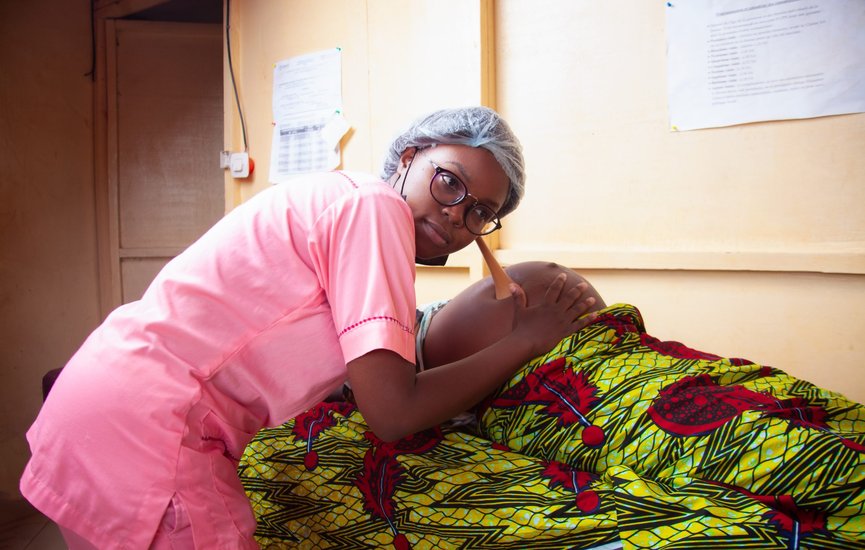Omoro District, Uganda – Nancy Aciro was only 16 when she became pregnant. She dropped out of school and now weaves mats to earn a living in Parak Village, Omoro District. Her story is not unique. In northern Uganda’s Acholi sub-region, teenage pregnancy is not just common it has become a crisis.
According to health officials and community leaders, the surge in teenage pregnancies is being driven by a complex web of poverty, broken family structures, cultural norms, and lack of access to sexual and reproductive health services. In many areas, families are so impoverished that parents either turn a blind eye or encourage early relationships in exchange for financial support.
“Many of these girls engage in relationships with older men just to afford basic needs like sanitary pads or school fees,” says Mr. Fred Ocheng, a community health worker in Omoro. “Some are lured by boda boda riders or shopkeepers who offer small gifts.”
A recent community health survey revealed that over 80 percent of teenage pregnancies in the region are linked to poverty, while 70 percent are attributed to poor parenting and peer pressure. The situation is further worsened by a lack of adolescent-friendly health services and cultural silence around sexuality.
In places like Gulu and Omoro, girls as young as 13 become pregnant. Some are victims of sexual abuse, while others are married off before they can finish primary school. Yet, many of these cases go unreported or are resolved informally at the community level, shielding perpetrators from justice.
“There is still stigma around speaking openly about sex,” explains Ms. Betty Amony, a youth counselor with HANDLE Uganda, a local NGO. “So when a girl becomes pregnant, she is often blamed or even forced out of school, rather than being supported.”
Health professionals are also raising the alarm about medical risks. At Gulu Regional Referral Hospital, doctors say many teenage mothers require emergency C-sections because their bodies are not ready for childbirth. “The cases are increasing,” one midwife said. “We are delivering 13- and 14-year-olds with serious complications.”
In response, several NGOs, backed by international donors like the European Union, have launched programs aimed at curbing the crisis. These include school clubs that teach reproductive health, vocational training for teen mothers, and campaigns encouraging parents to talk to their children about sex and consent.
But experts warn that unless deep-rooted issues such as poverty, weak parenting, and cultural taboos are addressed, the problem will persist.
For Aciro, the damage is already done. “I wanted to become a teacher,” she says softly, her infant daughter sleeping beside her. “Now, I just hope my child will go to school so she doesn’t end up like me.”
Key Statistics
- 80% of teen pregnancies in Acholi linked to poverty
- 70% caused by poor parenting and peer influence
- Girls as young as 13 giving birth in regional hospitals
- Majority of cases go unreported or resolved traditionally
